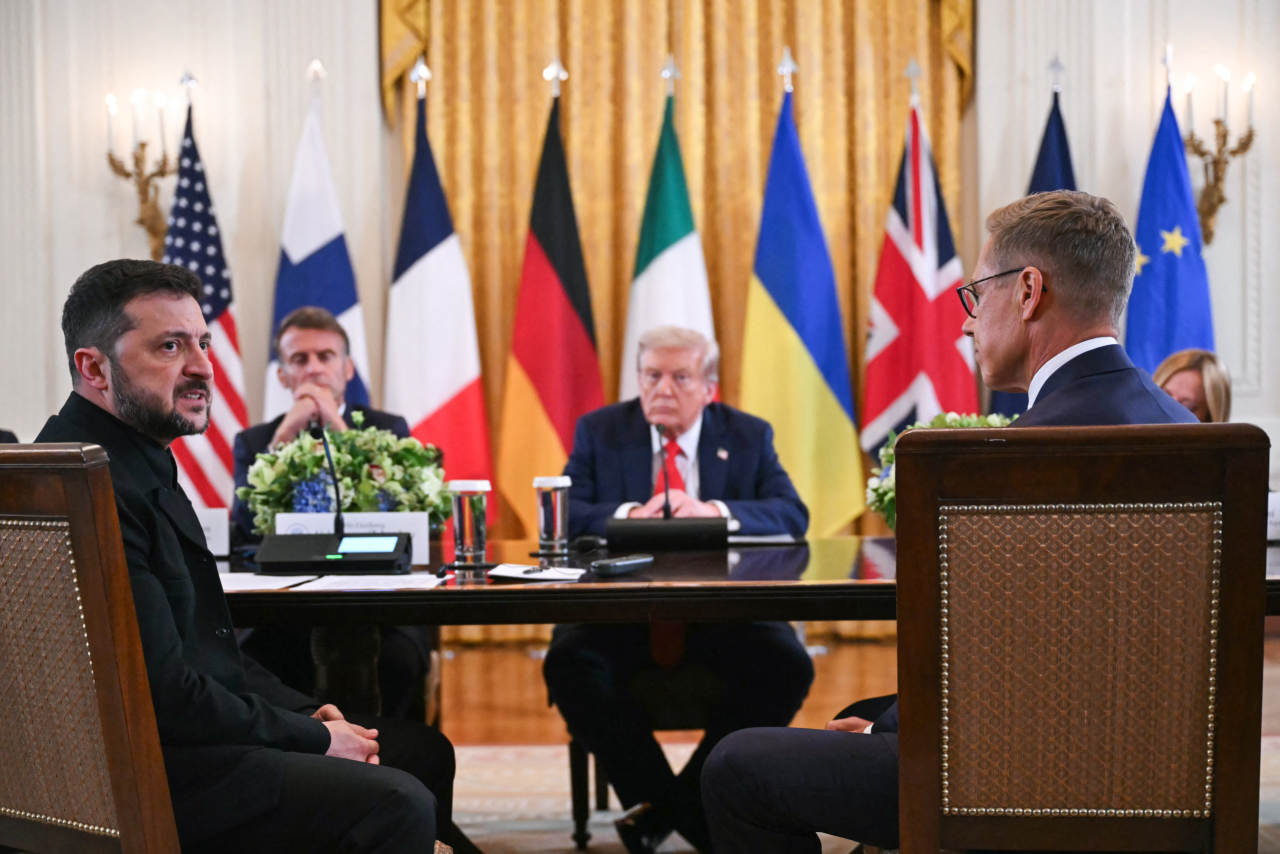The concept of a “security guarantee” has gained significant attention in the context of the ongoing conflict involving Ukraine and Russia. As the situation evolves, nations are reconsidering their approaches to ensuring the safety and sovereignty of Ukraine. Various historical examples provide insight into the mechanisms that could be employed to deter further aggression from Russia.
Security guarantees can take many forms, from formal military alliances to diplomatic agreements. The most notable example is Article 5 of the North Atlantic Treaty Organization (NATO), which states that an armed attack against one member constitutes an attack against all. This principle has been a cornerstone of NATO’s collective defense strategy since its inception in 1949. In recent months, leaders like Volodymyr Zelenskyy, the President of Ukraine, have called for similar assurances to protect Ukraine’s territorial integrity.
Historically, the Budapest Memorandum of 1994 serves as a pivotal reference point. In this agreement, Ukraine agreed to relinquish its nuclear arsenal in exchange for security assurances from the United States, the United Kingdom, and Russia. The memorandum, however, has come under scrutiny due to the lack of effective action taken by these nations when Russia annexed Crimea in 2014. Critics argue that this highlights the insufficiency of verbal commitments in the face of military aggression.
One of the challenges in formulating effective security guarantees for Ukraine is the need for a unified stance among Western nations. The European Union and NATO member states must navigate the complexities of international relations while maintaining a collective front against Russian actions. The involvement of nations like the United States and the United Kingdom is crucial to establishing a robust security framework.
As discussions continue, the possibility of a new security architecture is being explored. For instance, former UK Prime Minister Boris Johnson proposed a new arrangement that could involve a coalition of countries pledging support to Ukraine. This could potentially include military aid and intelligence sharing, but it remains to be seen how such an agreement would be formalized and enforced.
Another aspect to consider is the regional implications of security guarantees. Countries bordering Ukraine, such as Poland and the Baltic states, have expressed heightened concerns about Russian expansionism. Their security is intertwined with Ukraine’s, creating a complex web of interests that must be addressed in any security guarantee discussions.
The evolving conflict also raises questions about the long-term implications of security guarantees. Effective deterrence requires not only immediate responses but also sustained commitments. Military presence, economic sanctions, and diplomatic efforts will play a critical role in shaping the future security landscape of Eastern Europe.
In conclusion, the debate over security guarantees for Ukraine underscores the intricate balance of power in international relations. Historical precedents provide valuable lessons, but the current geopolitical climate demands innovative solutions. As leaders navigate this challenging terrain, the outcome will significantly impact not only Ukraine but also the broader stability of the region. The international community’s commitment to a secure and independent Ukraine may very well depend on the effectiveness of the security guarantees established in the coming months.




































































